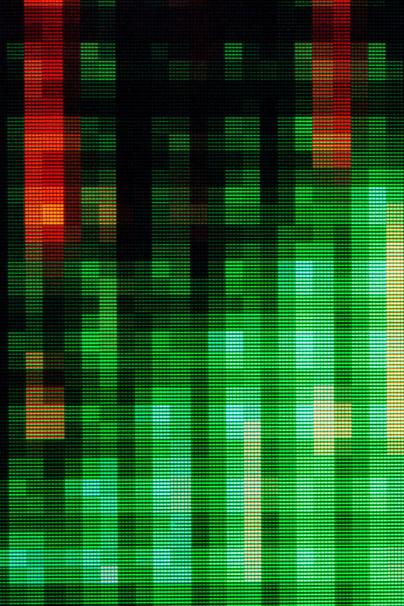Much of the popularity of Python stems from the availability of high quality libraries of existing code that we can use for our own projects. Libraries ("packages", in Python terminology) are even more useful when they are designed to work together.
For scientific programming, we are lucky to have a collection of mature packages which work together to form a stack:
- numpy for numerical processing
- pandas for reading, cleaning and processing tabular data files
- matplotlib as a low-level charting library
- seaborn as a high-level charting library for rapid dataset exploration through visualization
In this course, we will learn how to use these packages together to quickly explore large biological datasets, find meaningful patterns in the data, and present our results clearly.
We will focus on the high-level packages - pandas and seaborn - as this will allow us to do the most work with the smallest amount of code. By concentrating on just two packages for an entire course, we will be able to cover a large part of what these tools can do.
Who is this event for?
The course is intended for anyone interested in using Python for analysis and visualization of biological datasets. Some previous experience of Python is required, as we won't cover the absolute basics of the language, so you'll need to know the very basic syntax.
The introduction to Python for Biologists course gives a suitable background. If you would like to attend the course, but have no Python experience, get in touch with Martin Jones and he will be able to suggest resources to get up to speed. If you are unsure about the suitability of this course for your needs, questions can also be directed to Martin.
This course includes plenty of practical time, including opportunities to work on your own datasets, so it might be particularly suitable for people at the start of the data analysis stage of a project.
“The course has provided me with scripts and ideas which will allow me to use python to analyse and present my data in the future.”
“This course will prepare you with the tools and the ideas required to start to get meaning out of your data. It is the perfect balance of data manipulation and analysis.”
“Martin is outstanding in bringing python programming to biologists in a manner that made python friendlier than I thought was possible. I will definitely keep using python and apply the knowledge this course provided in my work.”
Data Exploration with Python attendees, November 2022
About the trainer
Martin started his programming career by learning Perl during the course of his PhD in evolutionary biology, and started teaching other people to program soon after. Since then he has taught introductory programming to hundreds of biologists, from undergraduates to PIs, and has maintained a philosophy that programming courses must be friendly, approachable, and practical.
In his academic career, Martin mixed research and teaching at the University of Edinburgh, culminating in a two year stint as Lecturer in Bioinformatics. He now runs programming courses for biological researchers as a full time freelancer.




